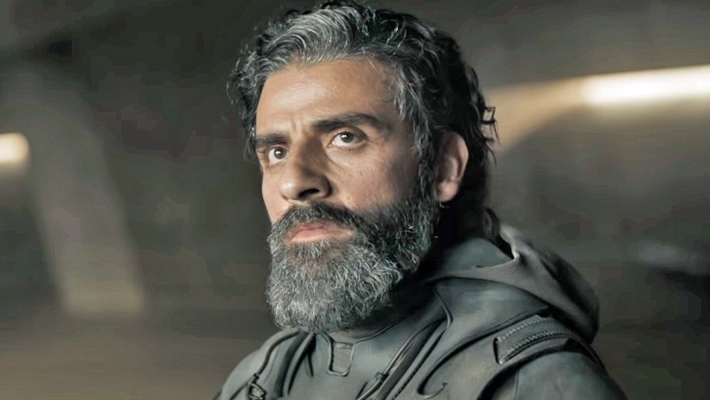
Following his latest film, Denis Villeneuve has officially entered the minds of casual audiences and dived right into the discussion for the most sought-out auteur in the business. Granted, Dune might be the introduction to his work for millions of viewers, but in his sci-fi epic, Villeneuve is merely reaping the benefits of more than a decades’ worth of filmmaking of the highest order.
Although he’s established himself as commander in chief on all things science fiction — being solely responsible for three of the brightest releases in the past decade — Villeneuve is far from being a one-trick pony. On the contrary, he’s a director of many sensibilities and unlimited range, as capable of filling you with wonder by transporting you to a fantasy land of giant worms and magic spice than making your skin crawl with a grounded portrayal of a real-life shooting.
And still, the most impressive aspect about Villeneuve’s meteoric rise might be his transition to Hollywood — where he’s endured its risk-averse studio system without having to sacrifice an inch of his personal vision. We know for a fact that he’s good at whatever genre you throw at him — be it gritty thrillers, cerebral sci-fi or oddball comedies. And just as he showed he was more than capable of squeezing every bit of greatness out of low-budget productions, his latest gargantuan blockbusters are more than evidence that he can run with the big dogs too.
Ranking the works of a director with an impeccable track record like Villeneuve’s seems like a vain endeavor — call it a film buff’s guilty pleasure — but having just reached the tenfold of films feels like pretty good timing to do so. With no further ado, let’s go through the movies of the man of the hour.
10. August 32nd on Earth (1998)
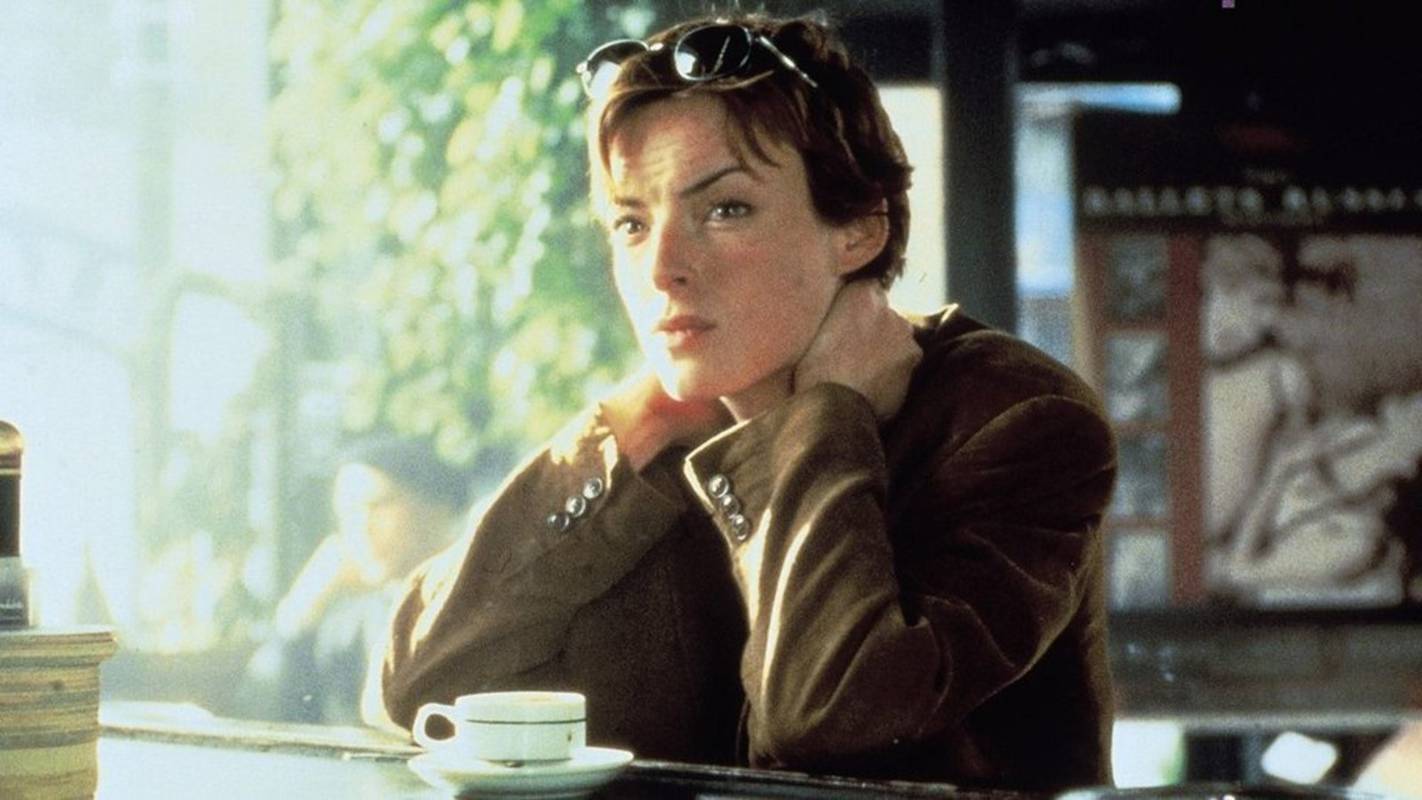
Long before A-list actors flocked to join each of his new projects, Villeneuve burst into scene with a string of indie productions in his Canadian homeland. Having won a short film competition in Québec, he received financing and soon later took up the challenge of helming his first feature film. August 32nd on Earth is a playful and minimalistic romcom that runs just short of 90 minutes. The film puts us in the shoes of Simone, a model who goes through an existential crisis after miraculously making it out alive from a car accident. Her near death experience forces her to reassess her whole worldview and serves as a much-needed spiritual wake-up call. This prompts her to pitch his friend Philippe the idea of conceiving a baby together — with the sole condition that they do so in the middle of Utah’s Great Salt Lake desert.
If that sounds like a rather bold premise for a debut feature, it’s because it is. But somehow, Villeneuve manages to make it work — balancing the painfully low stakes with a charming story and relatable characters. Granted, the French-Canadian still had a long way until becoming the household name he is today, but you can see glimpses of many of the thematic motifs he’d cover later in his career — from internalizing trauma and longing for motherhood to his obsession with deserts.
In a vacuum, August 32nd can feel a bit rough around the edges. But putting it in perspective as a debut film, it’s a watchable — if a bit innocuous — affair and a solid stepping stone for better things to come.
9. Maelström (2000)
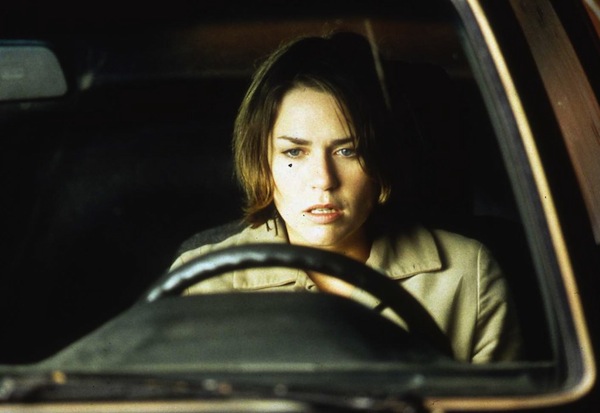
Women always get the short end of the stick in Villeneuve’s movies, where they’re subject to a whole array of misfortunes — from personal losses (Arrival), violence (Polytechnique) to abuse (Incendies). His sophomore effort opens with an abortion, a traumatic event that haunts the main character through the rest of the film. This fixation on struggling women who’ve been either stripped or withdrawn from their maternal roles ties it in with many of his works such as 32nd of August, Incendies and Arrival. In all these cases, motherhood is shown to be both a gift and a burden — an irremovable trait that profoundly shapes each of these characters’ lives.
Watching early works by great directors can be a rewarding exercise in that it allows us to notice their gradual artistic strides along the way, and this is no exception. Even though Villeneuve hadn’t found his footing just yet, Maelström is one of his most daring films to date. Sly narrative twists, subtle symbolism and full-blown surrealism — including some animatronic fishes serving as narrators — makes it real hard to disregard it despite its shortcomings.
8. Sicario (2015)
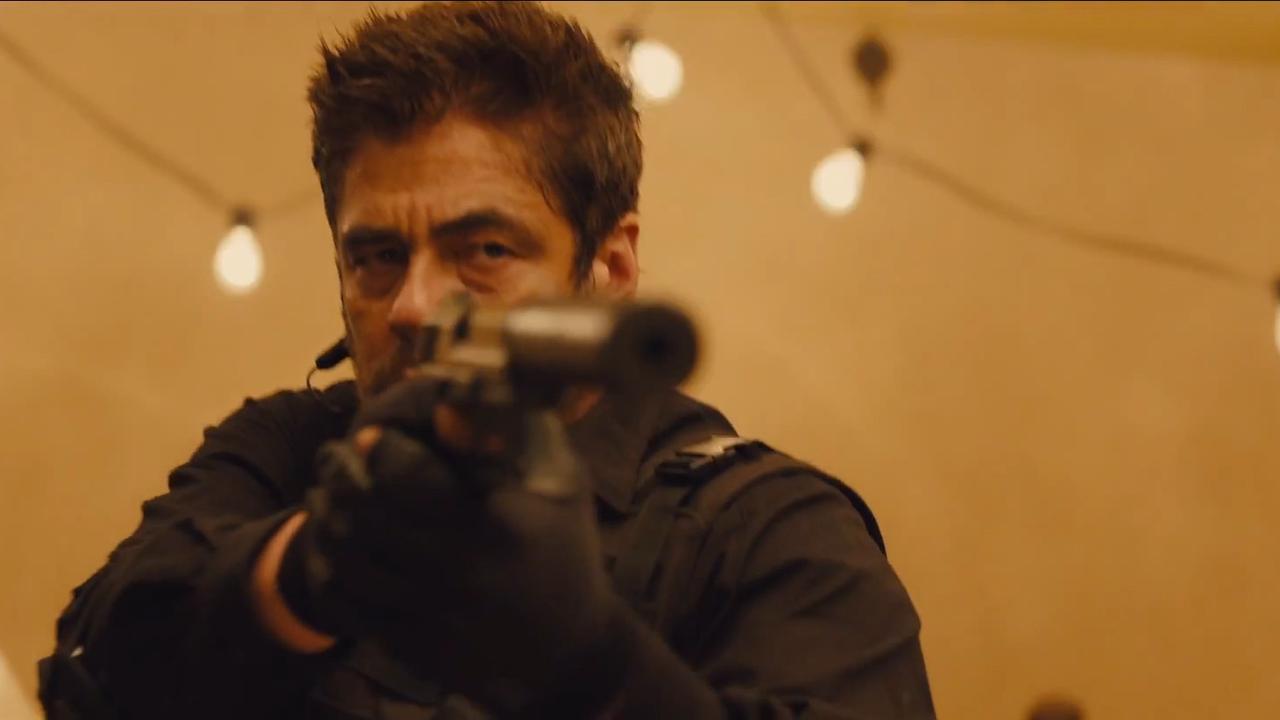
One trend that seems to plague every film release lately is the irresistible urge to pander audiences through tedious exposition and dialogue as dry as an IKEA assembly manual. It’s a welcomed sight then to see a prominent director like Villeneuve go against the tide and treat his viewers with respect by avoiding those same cheap storytelling tricks. Something he’s always kept in mind as a filmmaker — and that so many of his peers seem to forget (looking at you, Nolan) — is that in a visual medium like cinema, showing is far more rewarding than telling.
Sicario is a film that lives by that dogma. The movie tackles the War on Drugs by weaving through an intricate FBI operation in the Mexico border. In many ways, it’s a story about the loss of innocence and coming to terms with a harsh reality where the lines between good and evil are as blurred as they come. Above all, it raises the simple question: does the end justify the means, regardless of how morally rotten they might be? And would you betray your principles if it meant getting the job done?
As far as scripts go, it doesn’t stand out that much when pitched against the rest of Villeneuve’s oeuvre. In fact, compared to subdued dramas like Incendies or Arrival, it can feel a bit too ostentatious for its own good. But regardless of its flaws, Sicario is a textbook example of how to masterfully employ visuals to up the stakes of a story.
You could dedicate a whole film study class to dissecting and analyzing Sicario’s raid scene alone — a nerve wracking sequence that still stands out as one of the finest in Villeneuve’s career. Part of the props have to go to Roger Deakins, one of the greatest directors of photography to ever do it and the visual architect behind some of Villeneuve’s biggest hits.
7. Polytechnique (2009)
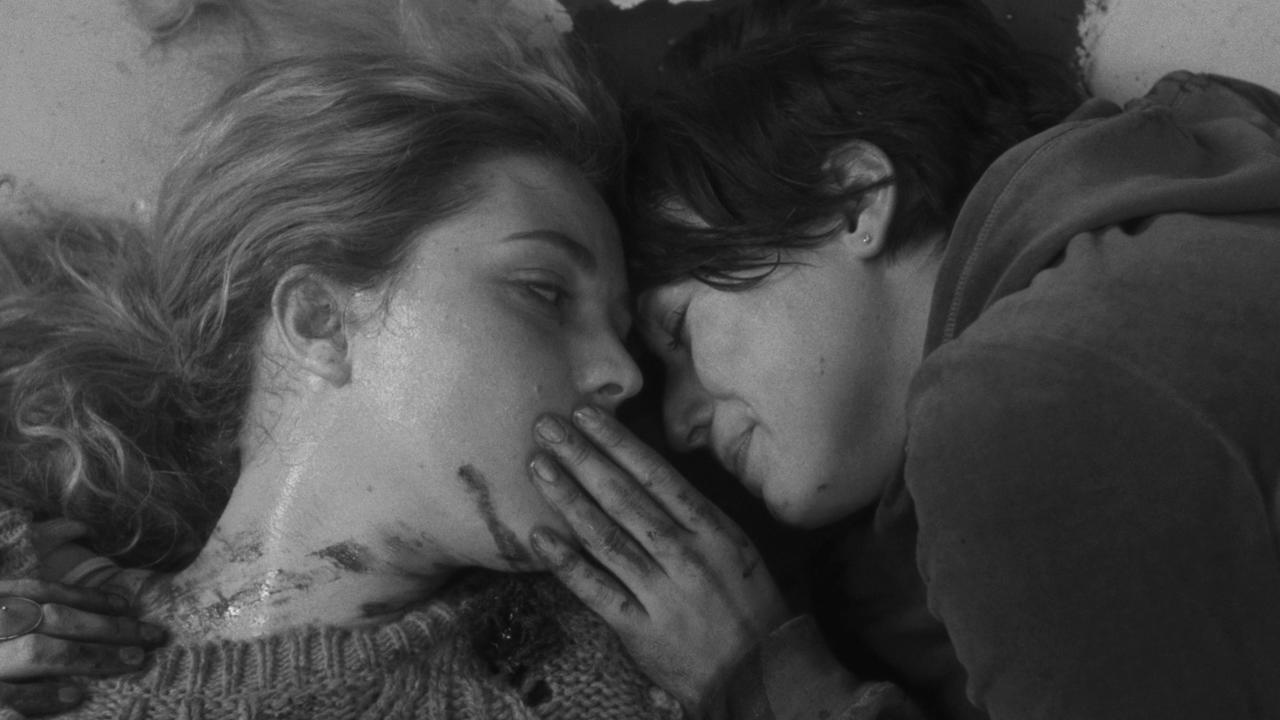
“If I have a boy, I’ll teach him how to love. If I have a girl, I’ll tell her the world is hers.”
From the horrors of civil war to the abduction of two young girls, Villeneuve has never shied away from analyzing the longstanding effects of trauma. Finding a way to cope with the overwhelming grief that lingers from these miserable events is something he’s pondered at length throughout his career. Hope, or lack thereof, is at the center of this chilling recollection of the Montreal Massacre that took place in a city college in 1989, where a radical misogynist murdered fourteen young women in a shooting spree.
Tackling a real-life tragedy is always risky territory for a film, where it’s too easy to fall into histrionic narrative traps and unwittingly glorify the culprit in the process. The biggest question that a film like Polytechnique poses is, to what end? What purpose does it serve to fictionalize a terrible event but to rub salt in the wound?
Villeneuve put these doubts to rest by gracefully exploring themes of hope and human empathy even within the bleak context of a college shooting. While Maelström and August 32nd on Earth offered glimpses of his talent, it wasn’t until this film that he truly came to his own as a filmmaker. Pulling no punches in its violence, Polytechnique only dares to focus on the killer to condemn the blind hatred that consumed him and pushed him to become a senseless monster. Villeneuve is less interested here in granting clear answers than in provoking self-reflection, hopefully making us confront the root of a problem that still claims lives to this day.
6. Enemy (2013)
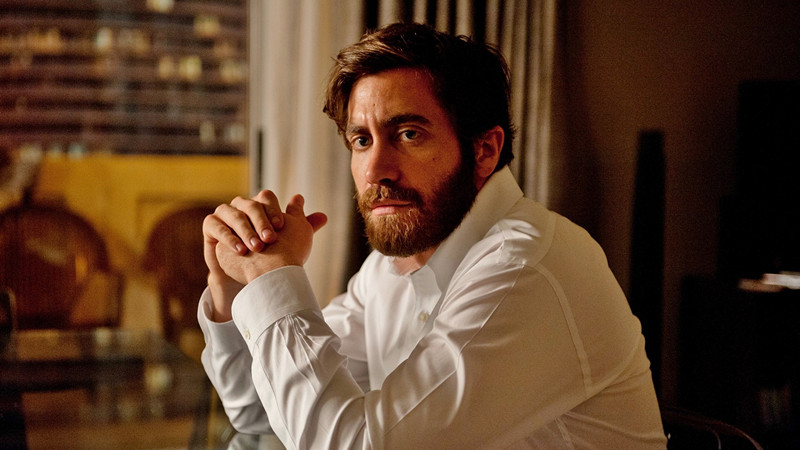
The real conflict in Villeneuve’s films often comes not with their overarching plots but through the characters’ inner turmoil as they personally come to terms with their past. In their desperation, these individuals try to suppress their memories as an emotional buffer against residual trauma — be it an unbearable loss (Arrival), the horrors of a civil war (Incendies) or the lingering regrets of abortion (Maelström).
The next film in our list is a window into the subconscious and all the repressed guilt, fears and obsessions we tend to stockpile at the back of our minds. Taking a cue from surrealist thrillers like Persona and Mulholland Drive, Enemy puts us in the shoes of a psychologically unstable man through a knotty narrative that unfolds like a fever dream. Adam is a jaded college professor deeply dissatisfied with his painfully monotonous life. By chance, he stumbles upon his doppelgänger, Anthony, whose lifestyle seems to be in direct contradiction with his own. Whereas Adam is introverted, neurotic and afraid of commitment, Anthony is a charming family man and a successful actor.
Enemy is Villeneuve’s most impenetrable work yet, a mind-bender loaded with symbolism that’s layered enough to warrant repeated viewings. Is it about wrestling with your inner demons, succumbing to ennui, infidelity or the cyclical nature of life? The film is arguably as powerful left as an obtuse abstraction, but part of its pull comes from trying to decipher every little hidden meaning in it.